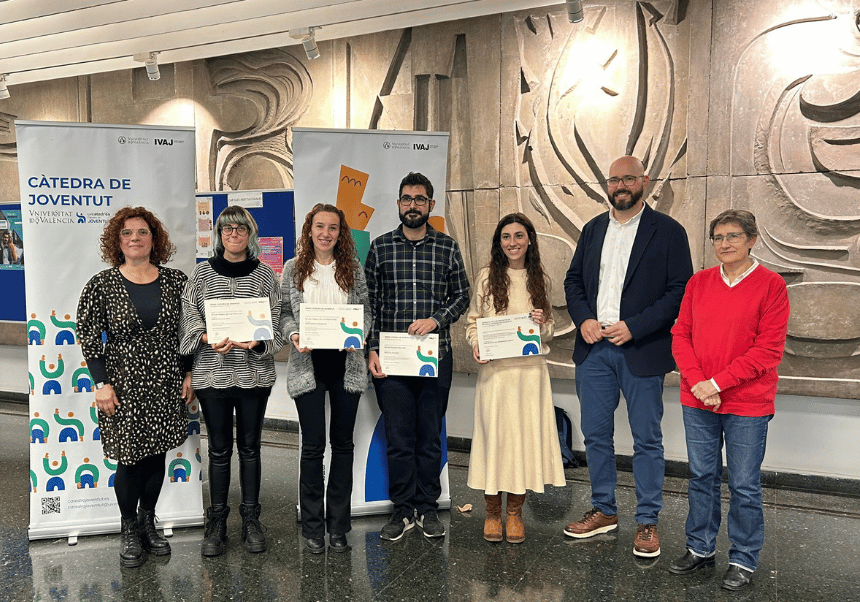Title: Complex emancipation: Changes in the processes of youth independence in Spain between 1990 and 2020 in comparative perspective. [Original Title: La emancipación compleja: Cambios en los procesos de independencia juvenil en España entre 1990 y 2020 en perspectiva comparada].
Winner: David Gil Solsona
Supervisor: Carles Simó Noguera
Summary: This study analyses the changes in the models of youth emancipation in Spain in the period 1990-2020, focusing on the de-standardisation of the process and the spread of its intermediate forms. Emancipation is conceived as the achievement of independence from the family of origin, through a complex and multidimensional process, determined by both subjective agency and social structure. For the empirical analysis, a multi-strategy approach is used: a comparative discourse analysis of Norwegian and Spanish youth discourses is combined with a triangulated set of statistical analyses of retrospective cross-disciplinary and longitudinal survey data. Although the core of the previous model is still present, analyses point towards a relative modification of the classic linear model, typical of emancipation in Mediterranean countries, and towards the spread of more flexible ways of becoming independent such as leaving home without economic independence, living in non-family forms, such as shared flats, or alone, or even alternating life with parents with life outside the home. These non-standard forms continue to manifest themselves, both in discourse and practice, as intermediate steps in the process as they have an expiry date, and are often associated with relationships of greater dependence on the home of origin - in financial, residential and care work terms - than family life. They are also associated with a double sociological profile. Both young people with high personal and family resources and those in more precarious situations are more likely to have complex emancipation trajectories, although the specific situations of each group are fundamentally different. This modified model of emancipation would be the consequence of the major changes that Spanish society has undergone, in two specific areas: the weakening of the housing model based on property ownership and the spread of new family values.





